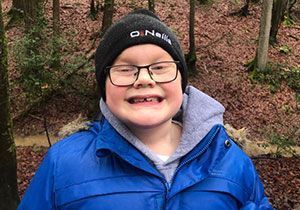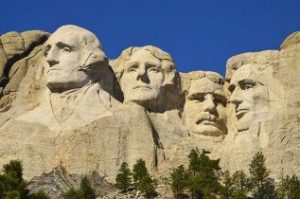
Fair trade: Geography primary resource
Explore how the concept of fair trade improves the lives of farmers in the developing world
This primary resource introduces children to the concept of fair trade; a social movement to help people in the developing world who make lots of our food, clothes and toys to get a fair price for their produce. Discover why the fair trade movement wants working conditions improved for farmers in the developing world. How many people across Africa does the Fairtrade brand help? Which country is the world’s second-largest producer of cocoa?
Pupils will learn about the Kuapa Kokoo co-operative and why it is important, and how they can help support fair trade initiatives in our National Geographic Kids’ Science primary resource sheet.
The teaching resource can be used in study group tasks for learning about the work of farmers in Ghana, as a printed handout for each pupil to review and annotate, or for display on the interactive whiteboard for class discussion.
Activity: Ask children to design a poster or leaflet about fair trade; exploring what the concept of it is, and how people can make a difference with what they buy and eat. Pupils could collect and examine packaging from Fairtrade branded products, and design their own fair trade food item or recipe, drawing and colouring designs for its packaging. More able pupils could write a case study on the Kuapa Kokoo farmers, using the information provided and their own research.
N.B. The following information for mapping the resource documents to the school curriculum is specifically tailored to the English National Curriculum and Scottish Curriculum for Excellence. We are currently working to bring specifically tailored curriculum resource links for our other territories; including South Africa, Australia and New Zealand. If you have any queries about our upcoming curriculum resource links, please email: schools@ngkids.co.uk
This Geography primary resource assists with teaching the following Key Stage 2 Geography objectives from the National Curriculum:
Pupils should be taught to: describe and understand key aspects of:
- human geography, including: types of settlement and land use, economic activity including trade links, and the distribution of natural resources including energy, food, minerals and water
This Geography primary resource assists with teaching the following Social Studies Third level objective from the Scottish Curriculum for Excellence:
- I can use my knowledge of current social, political or economic issues to interpret evidence and present an informed view.
- I can explain why a group I have identified might experience inequality and can suggest ways in which this inequality might be addressed.
- I can present conclusions about the impact of the globalisation of trade on patterns of work and conditions of employment in Scotland, the UK or beyond.
Scottish Curriculum for Excellence Fourth level Social Studies objective:
- I can contribute to a discussion on the extent to which people’s needs should be met by the state or the individual.
- Through discussion, I have identified aspects of a social issue to investigate and by gathering information I can assess its impact and the attitudes of the people affected.
- I can critically examine how some economic factors can influence individuals, businesses or communities.
Download primary resource
More Like

Christmas Joke Book!

Xavi’s walk to save elephants!

USA facts: get ready for the lowdown on the Land of Opportunity!









LEAVE A COMMENT
THANK YOU
Your comment will be checked and approved shortly.
WELL DONE,
YOUR COMMENT
HAS BEEN ADDED!
COMMENTS
CUSTOMIZE YOUR AVATAR